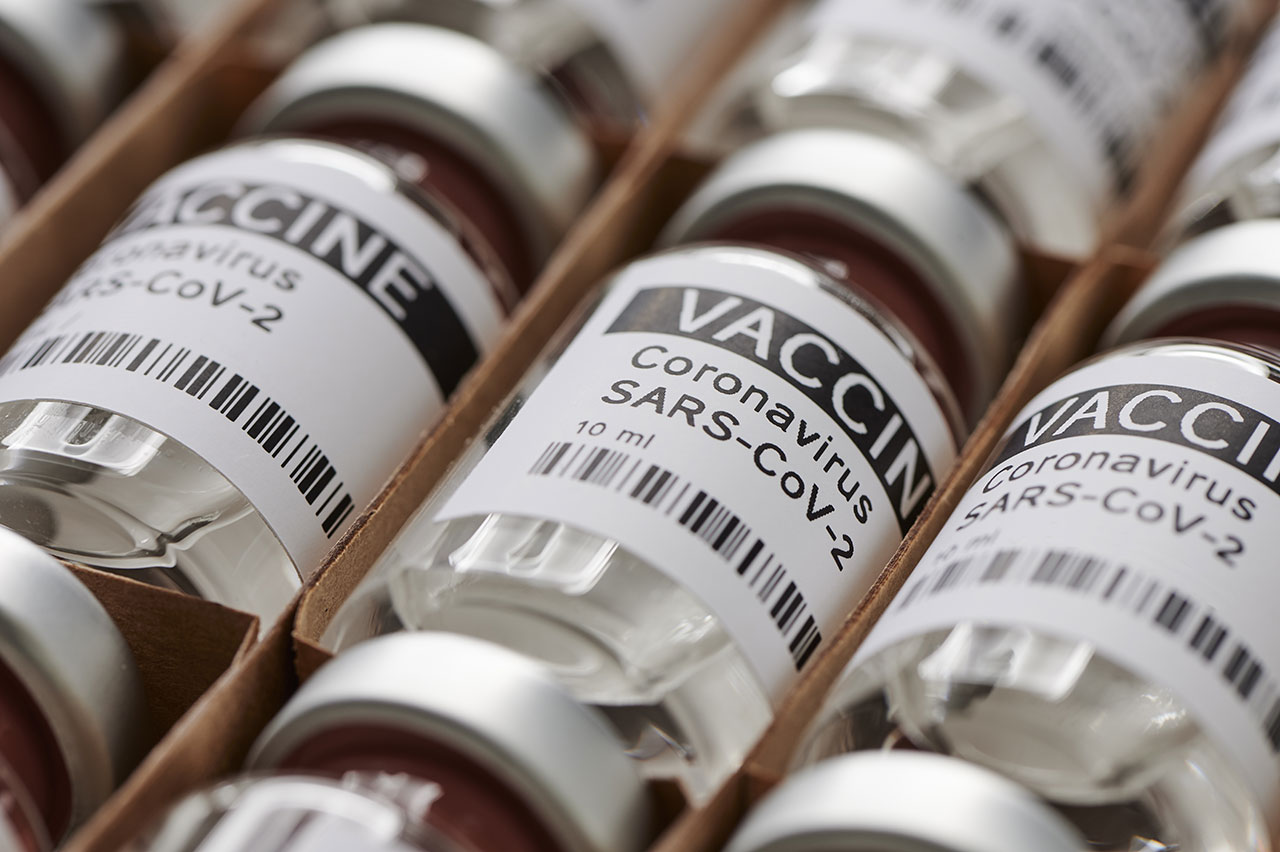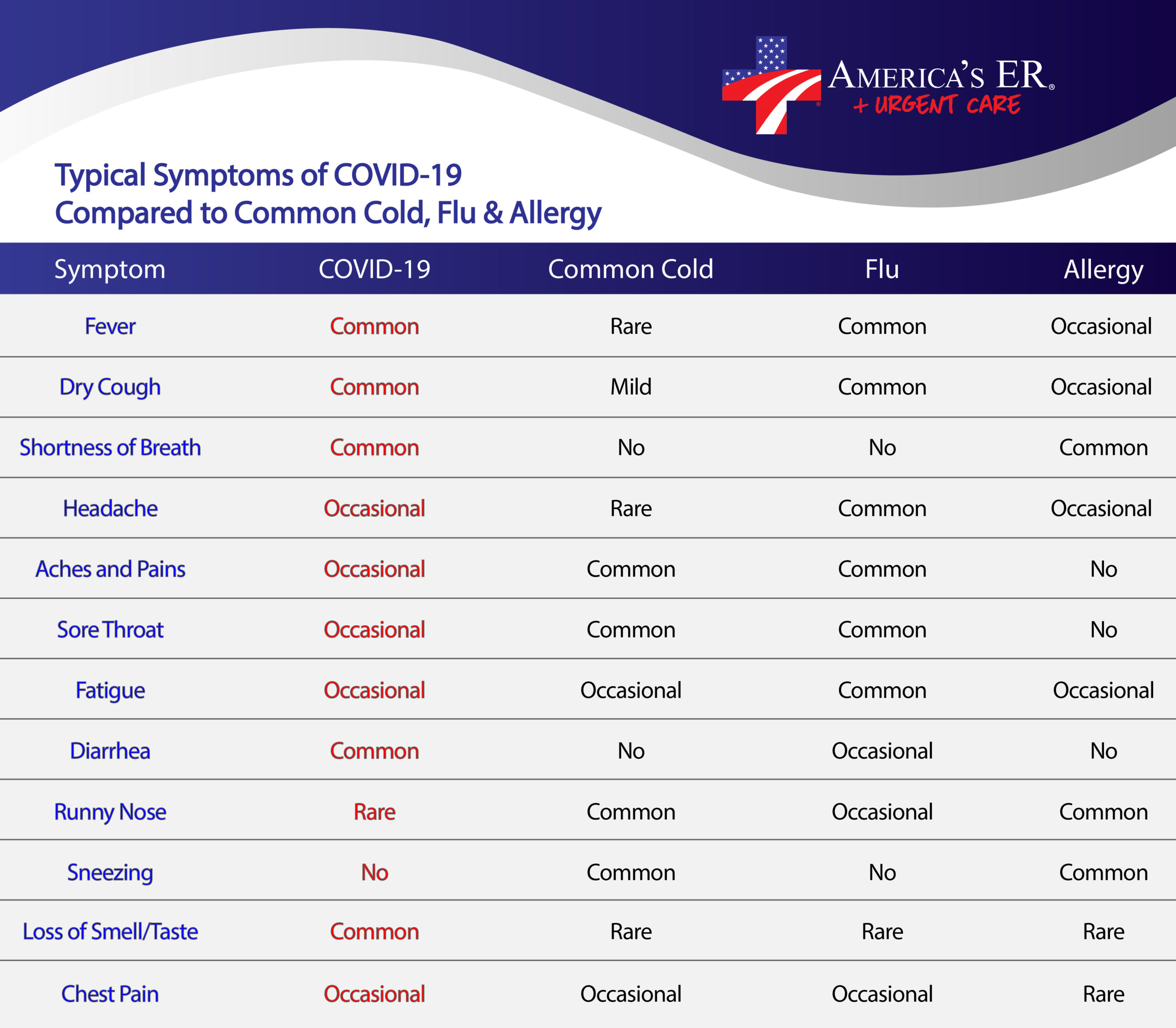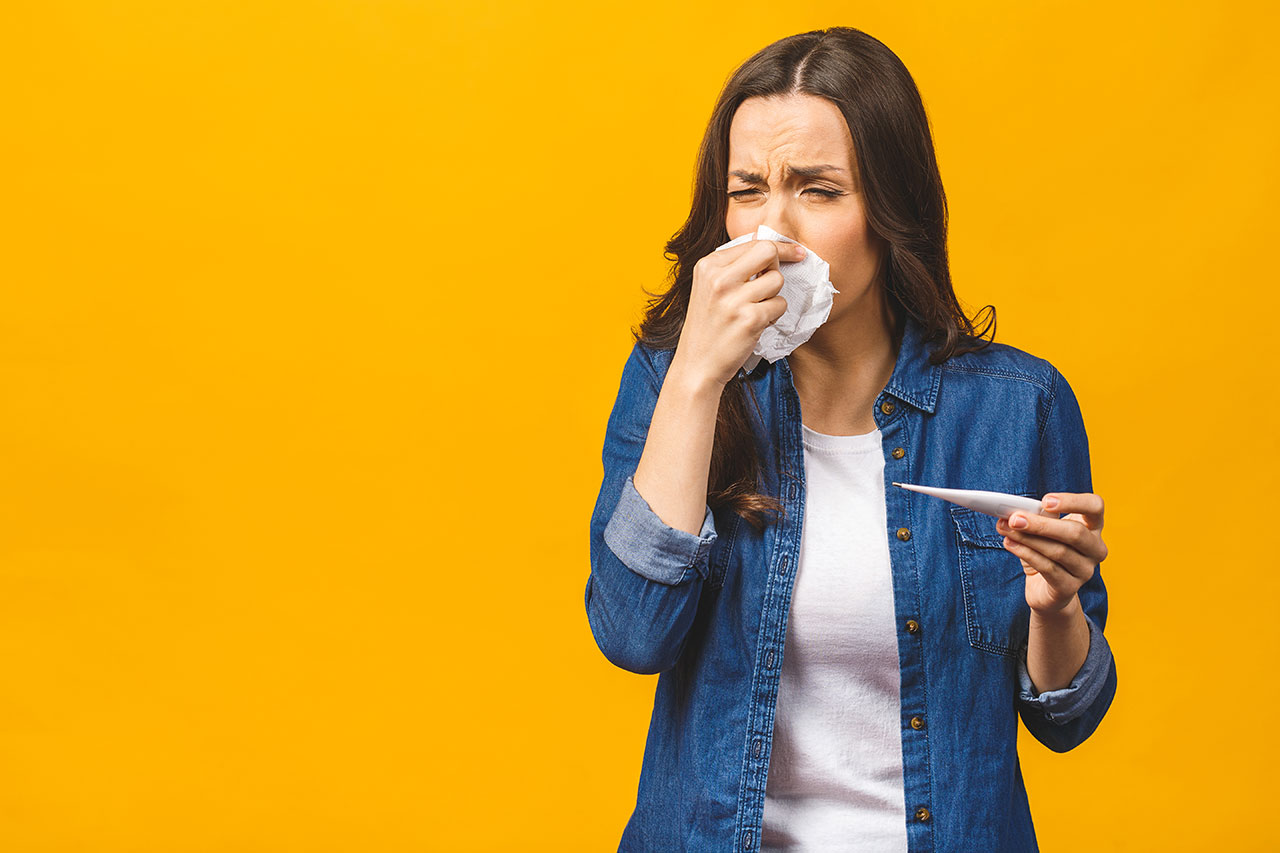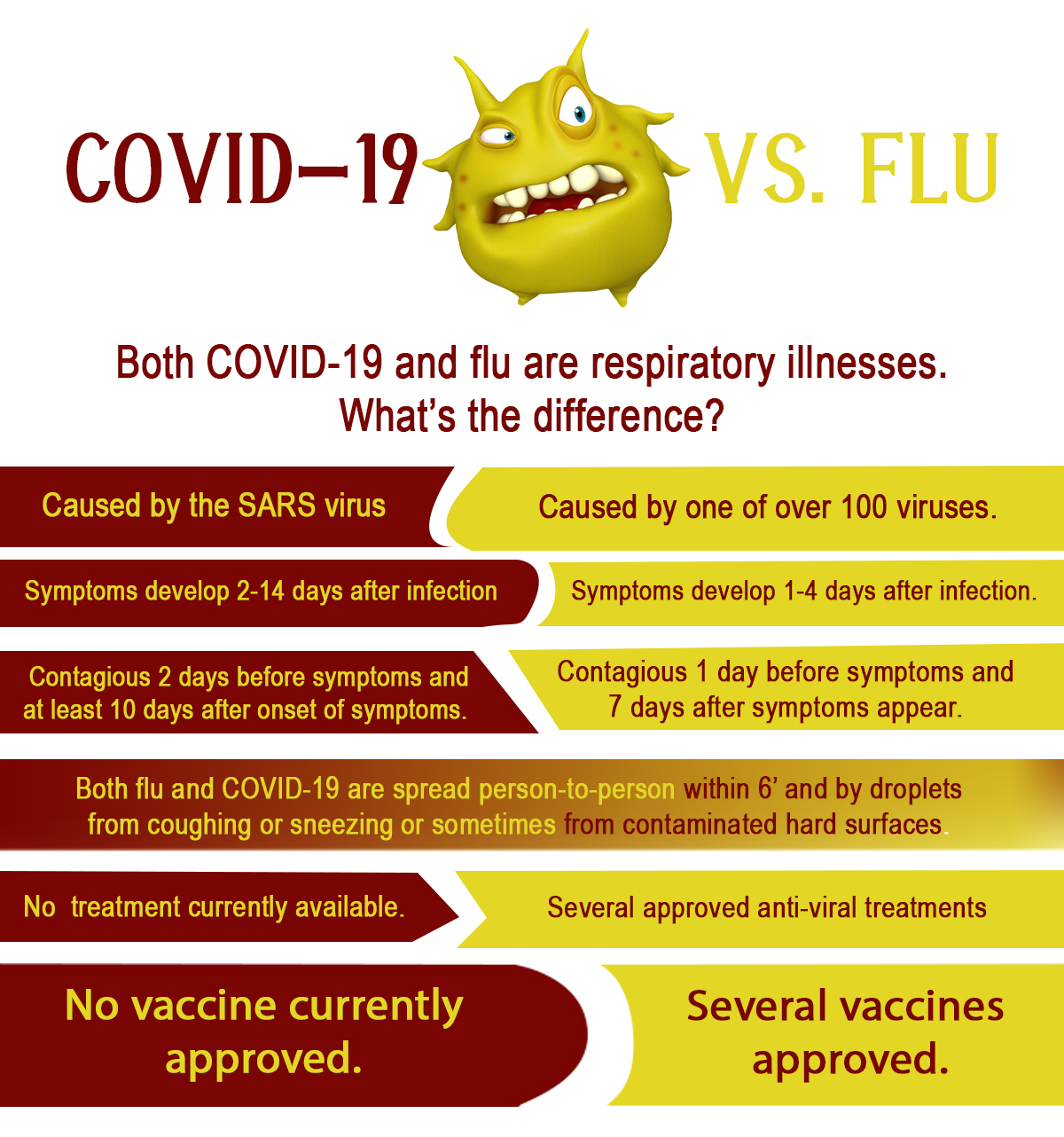
Fun Facts: How to See Inside Your Body
September 28, 2020
Halloween Safety Tips for Trick or Treating in 2020
October 28, 2020by Susannah Wollman
As this flu season begins (the timing of the flu season varies in different locations), people are confused about what the COVID-19 pandemic will mean and how they will be impacted. That’s understandable as the US hits 200,000 COVID-related deaths and the President and First Lady test positive for COVID. Here’s what we know.
The Center for Disease Control and Prevention (CDC) recommends annual influenza vaccination for everyone 6 months and older with any licensed, age-appropriate flu vaccine (IIV, RIV4, or LAIV4) with no preference expressed for any one vaccine over another.1

Isn’t COVID-19 just another flu?

This is a common misperception. Flu (influenza) and COVID-19 are two different types of viruses. Both are respiratory infections, but they are not the same. Although there are four different types of flu viruses (A, B, C, and D), only types A and B are responsible for seasonal flu, and only influenza type A is known to cause pandemics, such as the H1N1 pandemic of 2009. 2
COVID-19, on the other hand, is caused by infection with a new coronavirus (called SARS-CoV-2). Because they are different, they must be treated differently. The SARS-CoV virus was discovered in 2003 and originated, as did COVID-19, in China.
There is currently no vaccine for COVID-19, but there are presently 4 approved vaccines for flu. The CDC does not recommend one over any other.
How are vaccines decided?

There are 198 identified potential different types of influenza, but only 131 have been detected in nature. So how does the CDC decide which ones to vaccinate for each year? They rely on information from the Food and Drug Administration’s (FDA) Vaccines and Related Biological Products Advisory Committee (VRBPAC). They meet each year (March 4, 2020) to review and evaluate the surveillance data related to epidemiology, responses to the 2019 vaccines, and the candidate vaccines for the strains they believe are most likely to affect people this year.
What are the differences between flu and COVID-19 symptoms?

Both viruses produce similar symptoms. This list shows the similarities.
- Fever or feeling feverish/chills
- Cough
- Shortness of breath or difficulty breathing
- Fatigue (tiredness)
- Sore throat
- Runny or stuffy nose
- Muscle pain or body aches
- Headache
- Some people may have vomiting and diarrhea, though this is more common in children than adults
- There are few differences. Influenza causes the above symptoms and can cause mild to severe illnesses.
COVID-19 may also cause changes in or loss of taste and smell, as well as causing mild to severe illnesses.

How do I know if it’s flu or COVID-19?

Testing for COVID-19 has become relatively easy to get. The CDC has developed a test that can check for both influenza-A and influenza-B along with COVID-19. It is used by US public health laboratories. Initial tests were sent to laboratories in August. Testing for both viruses at the same time can help the CDC better understand the spread of both diseases to know best how to combat them.
Who should get the flu vaccine?
According to the CDC, every person 6 months or older should get a vaccine unless there are reasons (rare) not to. Different vaccines and delivery methods are available for different age groups. The following list details who should and should not get a vaccine.
- Each person should receive a flu vaccine that is appropriate for that person’s age.
- Inactivated influenza vaccines (IIV) are appropriate for those from 6 months up.
- The recombinant flu vaccine (RIV) should be given for individuals from 18 years to 64 years.
- Adults 65 or older should receive adjuvanted and high-dose inactivated vaccines.
- People with certain chronic health conditions and pregnant women should get flu vaccines.
- Even most of those with egg allergy can still get the vaccine.
- Children younger than 6 months SHOULD NOT get a flu vaccine.
- People who have severe, life-threatening allergies to flu vaccines or to any ingredient in the vaccine SHOULD NOT get a flu vaccine. Some of the ingredients might be gelatin, antibiotics, or other ingredients. Be sure you ask your health provider to tell you what is in the vaccine so that together you can make the best choice for your particular situation.
- If you have Guillain-Barré Syndrome (a severe paralyzing illness, also called GBS), ask your health provider for guidance.
- If you are not feeling well, you may want to delay your vaccine. Ask your doctor about your symptoms.
If I have COVID-19, should I get a flu shot?
No. Your flu vaccine should be delayed until the criteria for discontinuation of isolation have been met.
Can I have both COVID-19 and flu at the same time?

Unfortunately, yes. Because the symptoms are so similar, it may be difficult for you to know which infection you have, or if you have both. A test is the best way to figure this dilemma out.
Will getting a flu vaccine increase my chances of getting COVID-19?
A study3 in January 2020 indicated that the chance of getting COVID-19 after a flu vaccine increased. However, that study has since been found to be incorrect. At this time, there is no evidence to indicate that receiving a flu vaccine can increase your chances of getting COVID-19. Following CDC guidelines4 are the surest way to prevent contagion with COVID-19 during the flu season this year.

FOOTNOTES
- [1] Prevention and Control of Seasonal Influenza with Vaccines: Recommendations of the Advisory Committee on Immunization Practices – United States, 2020–21 Influenza Season. (2020, August 20).
- [2] 2009 H1N1 Flu. (n.d.).
- [3] Wolff, G. (2020, January 10). Influenza vaccination and respiratory virus interference among Department of Defense personnel during the 2017-2018 influenza season.
- [4] Coronavirus Disease 2019 (COVID-19). (n.d.).





